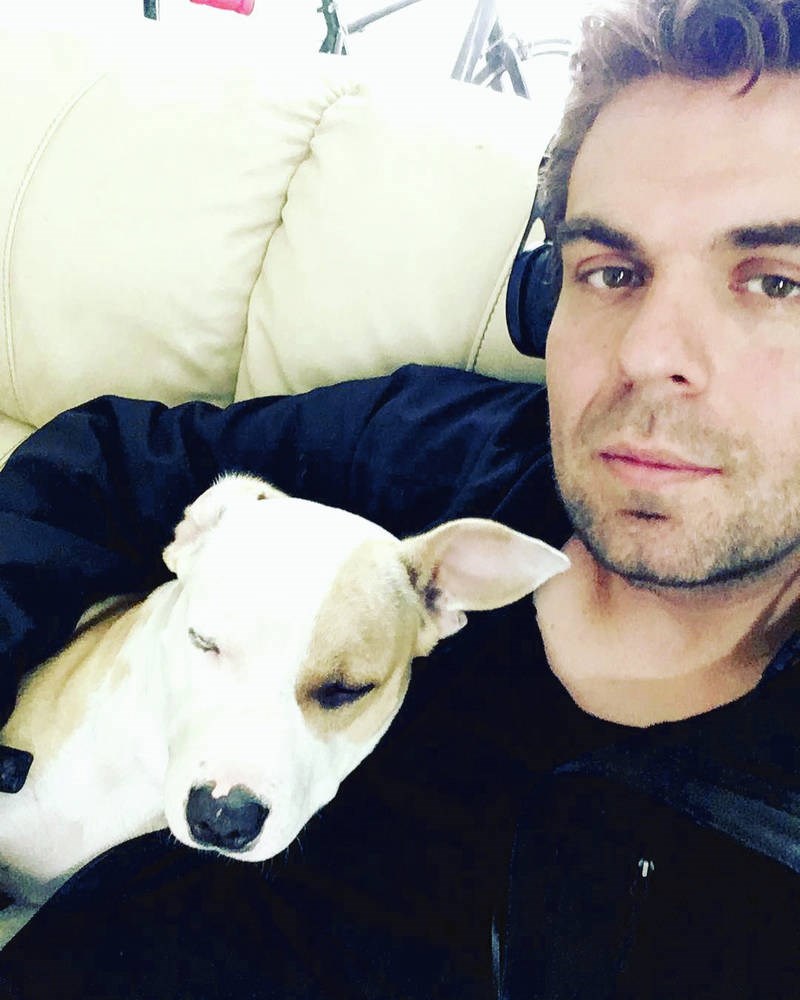First Nations leaders in B.C. are calling for an inquest into the fatal RCMP shooting of an Indigenous man in Campbell River last week, and a national inquiry to address the disproportionate number of Indigenous people killed by police.
Jared Lowndes, 38, was shot and killed by police on the morning of July 8 outside a Campbell River Tim Hortons, after an officer tried to stop Lowndes’s vehicle for an outstanding warrant. A police dog also died in the confrontation.
The Independent Investigations Office of B.C., a provincial agency that investigates incidents involving police in which someone is killed or seriously injured, is investigating.
Lowndes, a father of two, is the third Indigenous person shot by police on Vancouver Island this year, and the second to be killed. He was from the Wet’suwet’en Nation’s Laksilyu (Small Frog) House.
“There seems to be a sense that it’s open season on Indigenous, Black and people of colour, because there are no consequences meted out to police officers that utilize deadly force,” said Grand Chief Stewart Phillip, president of the Union of B.C. Indian Chiefs.
The First Nations Leadership Council, composed of the B.C. Assembly of First Nations, the First Nations Summit and the Union of B.C. Indian Chiefs, is calling for an inquest into Lowndes’s killing and a national inquiry that would look more broadly at police killings of those who are Indigenous or Black and people of colour.
Phillip wants an inquiry to examine policies around the use of lethal force, including the use of police dogs.
When an RCMP officer tried to stop Lowndes last week, boxing him in at a Tim Hortons with a police dog, “his experiences as an Indigenous man likely left him fearful, re-traumatized, and acting in self-defence,” the First Nations Leadership Council said in a statement.
In an account of his life written about a week before he was killed and intended for an online fundraising page, Lowndes detailed the role police had played in his and his family’s history, starting with being taken from his mother at gunpoint and placed in foster care.
He said he was traumatized by systems meant to protect him as a boy, and grew into a man who found himself broke and living in his car, trying to rebuild his life after years of using drugs and alcohol to cope.
“The police, doctors, social workers should have kept me safe,” he wrote of his childhood. He said he had been sober for eight years, and had done all he could to protect his children from suffering the way he had.
“However I’m scared, I’m failing and I don’t know if I can overcome my own trauma to succeed for them,” he wrote.
Lowndes’s family is also calling for an inquest to determine how he ended up dead after an attempted roadside stop for an outstanding warrant.
Fay Blaney, a close friend of Lowndes’s mother and great-aunt to his children, said his mother wants people to think about how he must have felt during the last 45 seconds of his life. His family believes he was trapped in his vehicle, which had been rammed by officers, with a police dog jumping through the window.
“This is not only about Jared — this is about all Indigenous people that have been murdered by the cops, and you could be next,” Blaney said.
A memorial to Lowndes in Campbell River that includes tributes from his young daughters has been disturbed multiple times, with signs placed face down and torn. In online comments and in person, his grieving family and friends have been told Lowndes deserved to die and his life was worth less than the police dog’s.
His family feels police efforts to memorialize the slain dog essentially erased Lowndes, and fuelled racist reactions to his death.
“Jared Lowndes endured unchecked racism, violence, sexual and physical abuse, and mistreatment from the foster and criminal justice systems throughout his life. He deserves to have his name spoken out loud and his life remembered — that a dog would receive more news coverage and be prioritized over his life is unspeakable and unconscionable,” Phillip said.
Josie Patterson, who organized a march on Sunday in Courtenay to protest Lowndes’s death, questioned the use of the police dog and why other methods weren’t used to de-escalate the situation.
“Why did it have to involve the animal? Why did it have to involve guns? … There are other ways to get people out of a car,” Patterson said. “Nobody deserves to die for any crime. We are a country that in theory does not believe in the death penalty.”
regan-elliott@timescolonist.com



